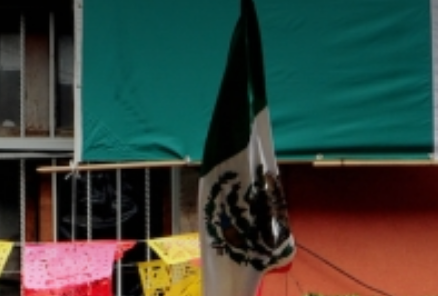Promoting a New Token? Satoshi’s Treasure Wants You to Gamify It

Satoshi’s Treasure, a global hunt for keys to a $1 million bitcoin prize, may offer a model for gamifying token issuance.
According to Satoshi’s Treasure co-creator Eric Meltzer of Primitive Ventures, the tech-savvy scavenger hunt game is run through an offshore company, so that none of the people sponsoring it or arranging puzzles know the secrets behind all the keys. The first player or team to collect 400 keys, out of 1,000 potential keys, will be able to claim the bitcoin loot.
Now the game is expanding beyond bitcoin.
Meltzer said the Tezos Foundation has become the clandestine startup’s first client, with a side game for players to earn Tezzies starting in December. So far, Meltzer said roughly 20 percent of main-game keys have been released. All the keys should be released by mid-2020.
This global scavenger hunt started seven months ago and currently has around 50,000 email subscribers, Meltzer said. This represents a slight dip from the summer, when the game attracted new backers willing to contribute prizes and key distribution. Supporters include Naval Ravikant, Balaji Srinivasan and IDEO CoLab Ventures.
In the meantime, the VC-backed blockchain startup Quorum Control is launching its own text-based video game this week with more 10 keys to the Satoshi’s Treasure bitcoin prize, plus dozens of rewards related to its own native blockchain, Tupelo. The staff referred to this as an “earned airdrop,” distributing access to new or pre-launch tokens.
“The business model is evolving towards helping people distribute their tokens,” Primitive’s Meltzer said. “We’re hoping to repeat that model with a bunch of other coins. … We think it’s better than an airdrop model, to have people kind of work for them.”
To be clear, Quorum Control isn’t a client of Satoshi’s Treasure and hasn’t even launched a mainnet yet. However, it offers players yet another opportunity to explore gamification for cryptocurrency projects.
Quorum Control co-founder Andrew Holz said this new testnet-based quest – “Jason’s Game” – was modeled after the vintage video game Zork. The game, hosted via Quorum Control’s website with an in-game crypto wallet, involves four levels with riddles and puzzles that players interact with as they would with a command-line terminal.
The new airdrop
In addition to offering winners clues to the million-dollar bitcoin prize, there are also strings of numbers and letters that go into the player’s wallet like a non-fungible token (NFT).
“This [NFT] is the way to get those tokens ahead of time. Kind of like a promissory note for the tokens, a set amount of the initial supply,” Holz said of roughly 120,000 Tupel tokens that will be distributed to more than 17 winners, ranked by challenge and speed.
The Tupelo blockchain, which Holz said will launch a mainnet in 2020, has a unique structure compared to networks like ethereum. These tokens won’t be distributed in a public sale, so this game is one of the few ways people who aren’t accredited investors can gain access early on.
“Rather than have one big central chain that you have to put all of the information on, you actually have one for each NFT, it kind of creates its own history and you can add whatever information you need to about it,” he said. “If you were trying to do this in real-time on ethereum, the performance just wouldn’t be there.”
Initialized Capital co-founder Garry Tan said his firm plans to acquire tokens as well, through its equity deal with the startup. From his perspective, this game is a way to test the technology while boosting brand awareness among crypto veterans.
“With ethereum or bitcoin, everything is in the public chain, while [Tupelo] allows for flexible privacy,” Tan said. “Crypto is still at this nascent stage, we need the builders and hackers to know these are the tools to do that. … The audience of this game is exactly the right type of people.”











Responses